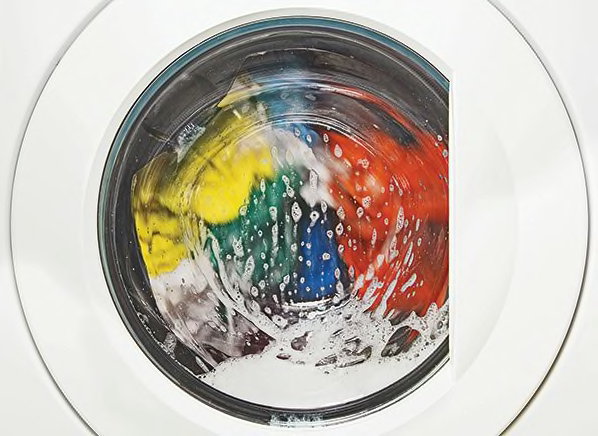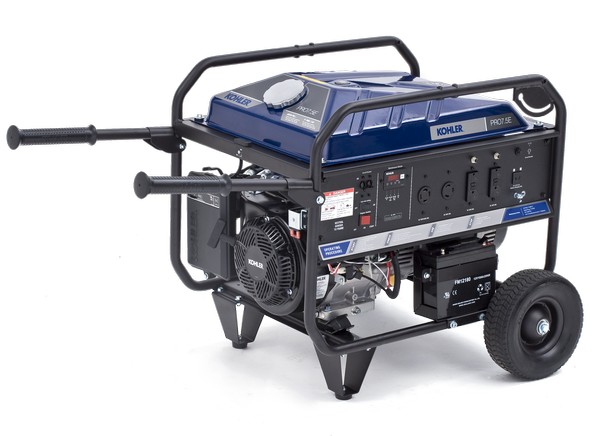Sign In

That cheap overseas getaway you booked may not look like such a good deal when you get back home and see an inflated credit-card bill or lower bank-account balance because of high foreign-transaction fees. Preparing before you leave can save you loads on currency exchanges, credit- and debit-card transactions, and ATM fees.
Typically there are two ways you can get fleeced on foreign transactions: on the exchange rate you receive and on the transaction fees you pay to buy things or withdraw money. But there are clear ways to minimize those expenses.

Credit cards are usually the cheapest way to pay when traveling, according to a June 2011 study by Card Hub, a credit-card comparison website. How much you'll save depends on whether your credit card charges a fee on foreign transactions. The Card Hub study found that on a $300 transaction, a credit card with no fee would save you an average of 7.9 percent compared with exchanging money at major banks, and 14.7 percent over using an airport currency-exchange service. If your card has a 3 percent foreign-transaction fee, you'd still save 4.9 percent and 11.7 percent vs. banks and airport currency exchanges, respectively.
For international travel, your best bet is a Visa- or MasterCard-branded credit card, because Discover and American Express cards are not as widely accepted overseas. Cards issued by Capital One and the Pentagon Federal Credit Union, or PenFed, don't charge international transaction fees. And premium travel credit cards, especially those co-branded with airlines and hotels, sometimes waive them.
Debit cards will probably hit you with a foreign-transaction fee, so check with your bank before leaving. Another downside to using debit cards is that they offer weaker protection against fraud and unauthorized charges. And some don't offer the travel perks you generally get with the best credit cards: trip insurance, reimbursement for lost baggage, rental-car collision insurance, and travel emergency assistance.
Prepaid travel debit cards, such as Visa TravelMoney, can also be costly. They often charge fees to purchase and reload the cards, convert currency, and withdraw cash from ATMs.
When making purchases with either debit or credit cards, decline offers by merchants to convert your transaction into U.S. dollars. This may sound like a convenience but in fact could carry high fees and an unfavorable exchange rate.
Though you can use your credit card for many purchases while traveling, you'll still need cash in your pocket. ATM withdrawals can be very pricey. You might pay a flat ATM fee of $2 to $5 from your bank as well as one from the foreign bank, in addition to a foreign-transaction fee of up to 3 percent. But your U.S. bank might have branches in other cities around the world, or it might have partnerships with overseas banks that allow you to withdraw your money free of ATM fees. Call your bank to find out where and at what cost you can make ATM withdrawals abroad. Some banks and credit unions will reimburse you for foreign ATM fees.
If you're traveling to a place without easy access to ATMs, you can exchange money at banks and currency exchanges once you get there, though you might have to pay a fee, and the exchange rate might not be great. So consider exchanging money at your bank before you leave, and be sure to ask about fees and exchange rates.
For most purposes, travelers checks have gone the way of the dinosaur. One benefit to using them is that they're refundable if lost or stolen, so they can be a good emergency source of cash. And if you can find an American Express travel office in the country you're visiting, you may be able to exchange travelers checks without a fee. Some places don't charge American Express cardholders to buy them, either.
 WASHING MACHINE REVIEWS
WASHING MACHINE REVIEWS GENERATOR REVIEWS
GENERATOR REVIEWS
 Build & Buy Car Buying Service
Build & Buy Car Buying Service
Save thousands off MSRP with upfront dealer pricing information and a transparent car buying experience.
 Get Ratings on the go and compare
Get Ratings on the go and compare
while you shop